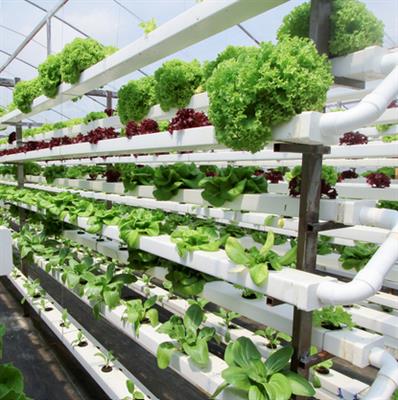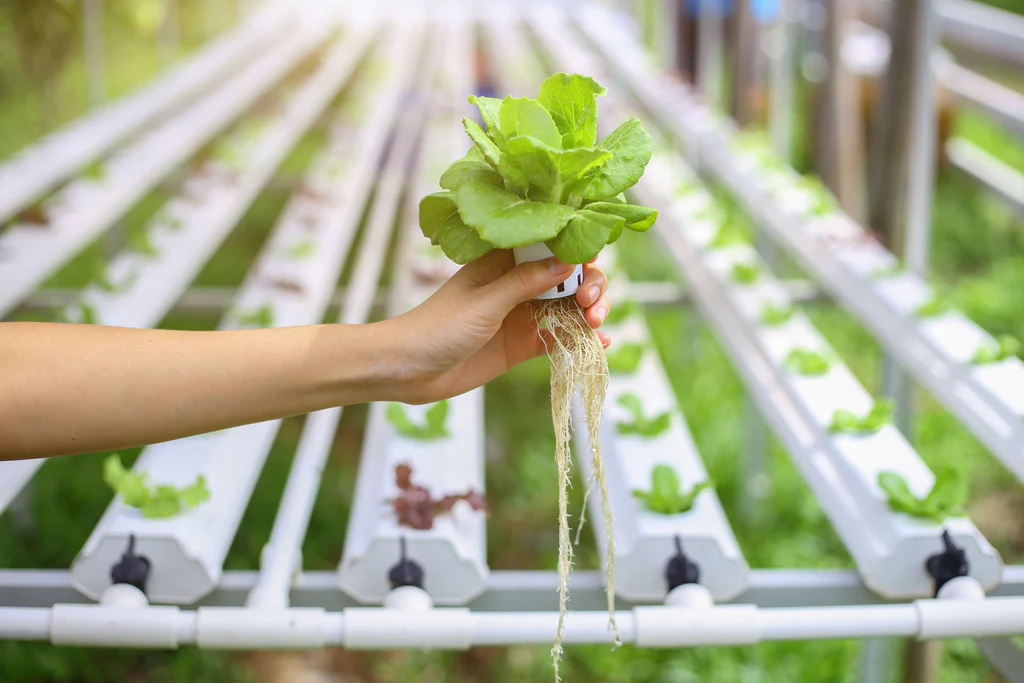The future of hydroponics looks promising and is poised to play a significant role in sustainable agriculture. Here are some key points about its potential:
- Sustainable Food Production: Hydroponics offers a pathway towards a more sustainable food ethic that prioritizes the health of our food, bodies, and environment without the heavy use of chemicals.
- Urban Farming: With the majority of the global population projected to live in urban areas by 2050, hydroponic farming can be integrated into city landscapes, utilizing vertical spaces and abandoned urban areas.
- Resource Efficiency: Hydroponics is water-efficient and can produce high yields without the extensive land use associated with traditional agriculture.
- Climate Resilience: As a controlled environment agriculture (CEA) method, hydroponics is less affected by climate change and weather-related events, making it a resilient farming practice.
- Technological Integration: The use of AI and other technologies in hydroponics is expected to further optimize plant growth, resource use, and overall efficiency.
- Market Growth: The vertical farming industry, which often relies on hydroponic systems, could be worth as much as $3 billion by 2024, indicating a growing market and investment interest.
- Ecosystem Restoration: Large-scale adoption of hydroponics could allow for the restoration of natural landscapes and ecosystems currently used for agriculture.
Hydroponics is likely to become an integral part of our efforts to meet the increasing food demands of a growing global population, especially in urban settings, while also addressing environmental concerns. It represents a major shift towards high-efficiency, technology-driven agriculture that could reshape our relationship with food production.



